What’s the genesis of this project? Why were you compelled to see this project through?
I have always had a curious fascination, in the most innocent way, with deformities and scarring. It started when I was a child and my godmother’s late husband had a large but perfectly spherical growth on his cheek. I remember it being quite shocking. Similarly, without wanting to sound too peculiar, I have a morbid curiosity about death, I find it enthralling and terrifying in equal measure.
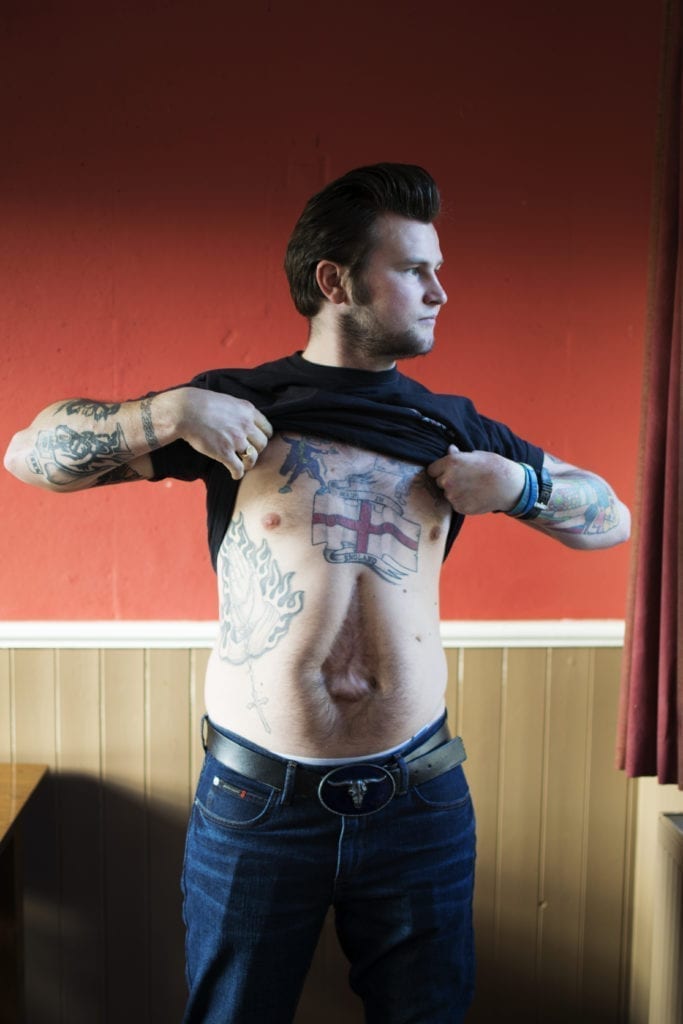
With this series I wanted to highlight that near death experiences come with dramatic scars that are both emotional and physical, only you can’t see the psychological ones. I called the series, “When death leaves his mark” because he clearly does in a number of ways. Jamie spoke to me about feeling suicidal and wanting to die following his accident, but this would never be apparent to anyone meeting him now as he is such a spirited character. All the people in this series have escaped death narrowly and while this is amazing they did not escape totally unscathed.
What’s the biggest challenges in photographing people’s scars?
Firstly, it is finding people who are prepared to bare all and become subjects. Beyond that, it is making sure they feel comfortable enough to open up to you, telling their story visually and ensuring I did justice to their raw beauty.
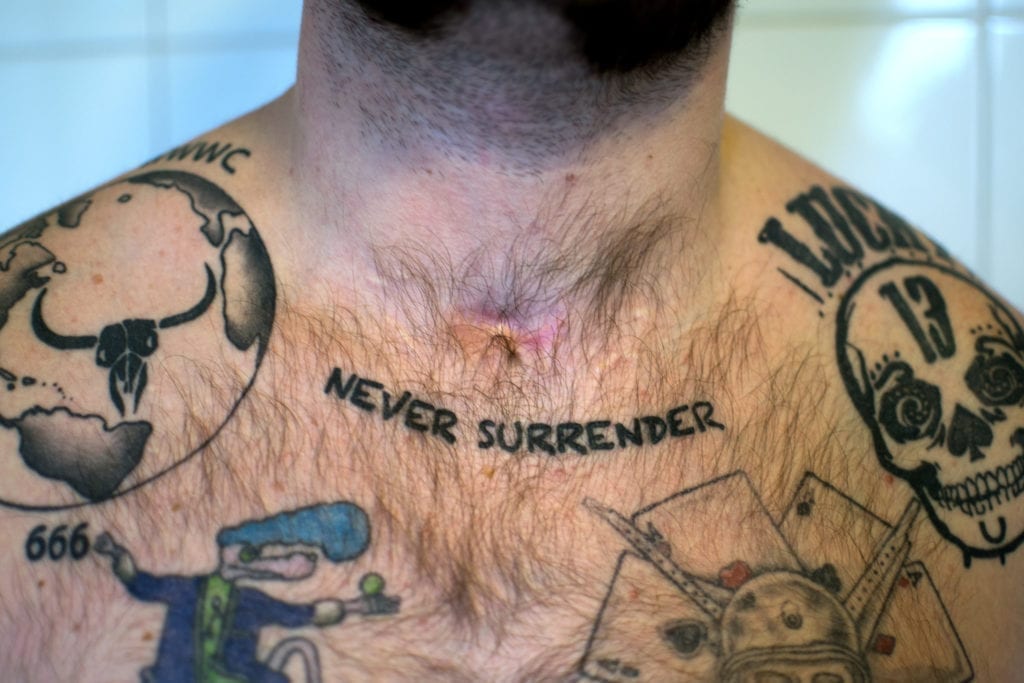
When was the first time you became aware of photography? How old were you?
I never gave photography much serious thought beyond it being the best way to capture memories until a few years ago when I started travelling, which opened my eyes to new things and people I wanted to document. I then started reading photo books and exploring different artists, which inspired me to begin doing my own thing.
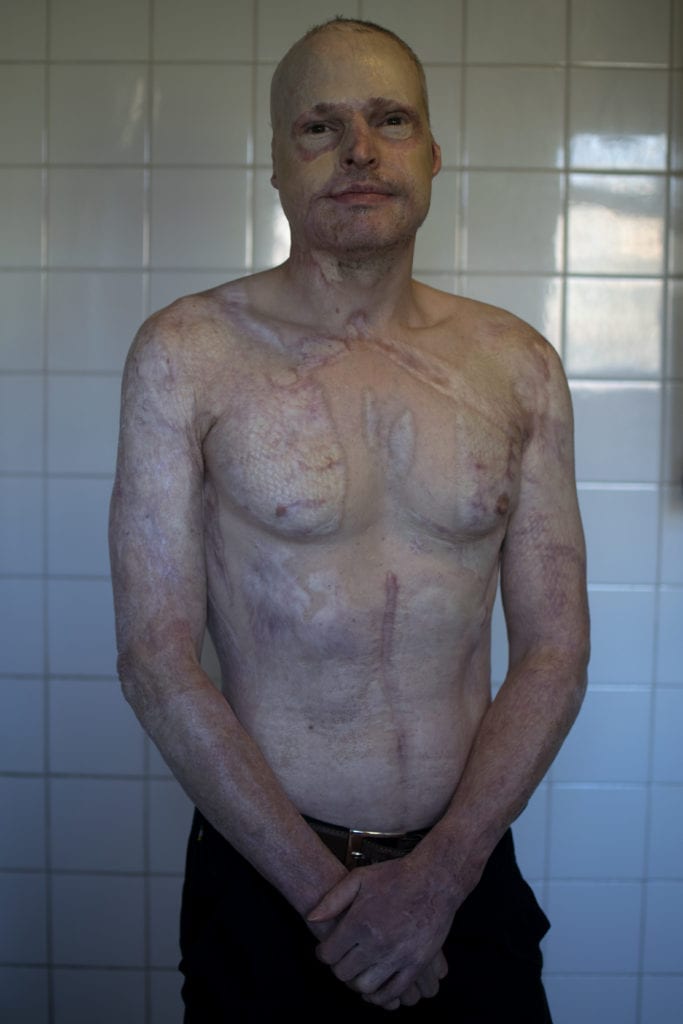
What is the primary reason you became a photographer? When did you decide to become one?
I am still so new to this. I guess I came to photography later in life than is traditionally the norm. I have lots of cameras (a few analogue) that I have bought or been given over the years but rarely used them. It was not until I did a photojournalism module during my degree last year that I gave photography my all and discovered a real passion I never knew was there. I’d always been a writer before. My tutor, Alex Sturrock, inspired me immensely and I developed so many ideas after having been given the tools. I felt the thrill and high of getting the picture I wanted and I am hooked.
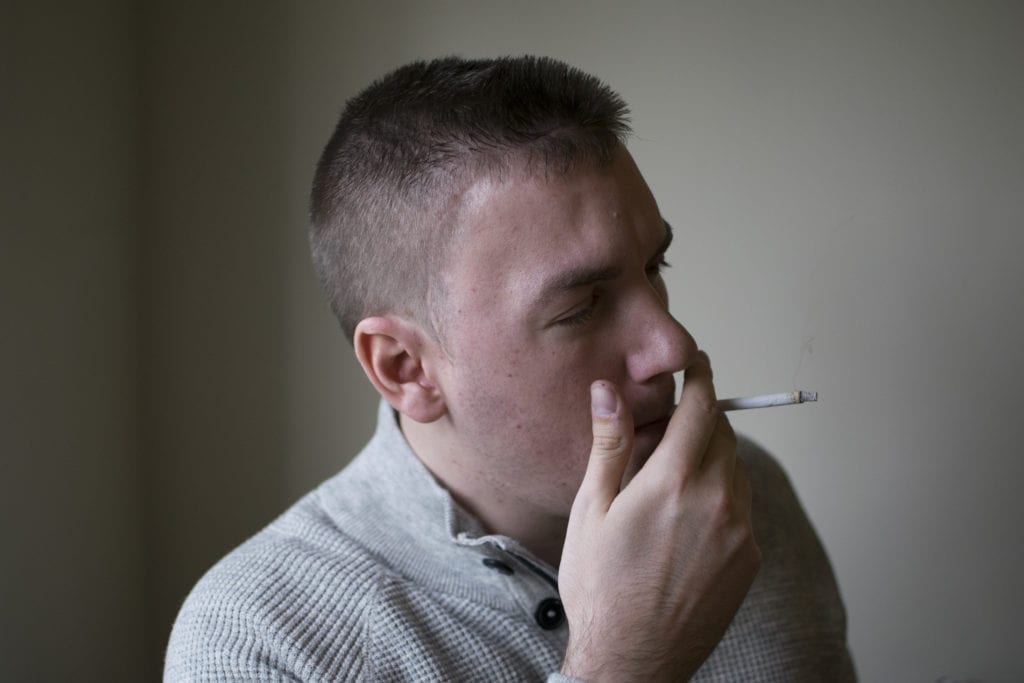
What are the common themes, subjects or concerns that run through all your work?
People and faces that tell stories are what I love to capture and focus on mainly. I also like to challenge socially constructed notions of beauty and norms. For example, it was important for me to critique the stigma surrounding so called physical flaws in this series because it seems our self worth is largely underpinned by accepted yet often unachievable image concepts. Challenging the idea that anything beyond what is widely considered as “perfect”, an image that is still reinforced in the media and Hollywood for example, is somehow not appealing was key in producing this series. I think it’s crucial that we continue to confront that notion until it becomes too absurd to accept as plausible.
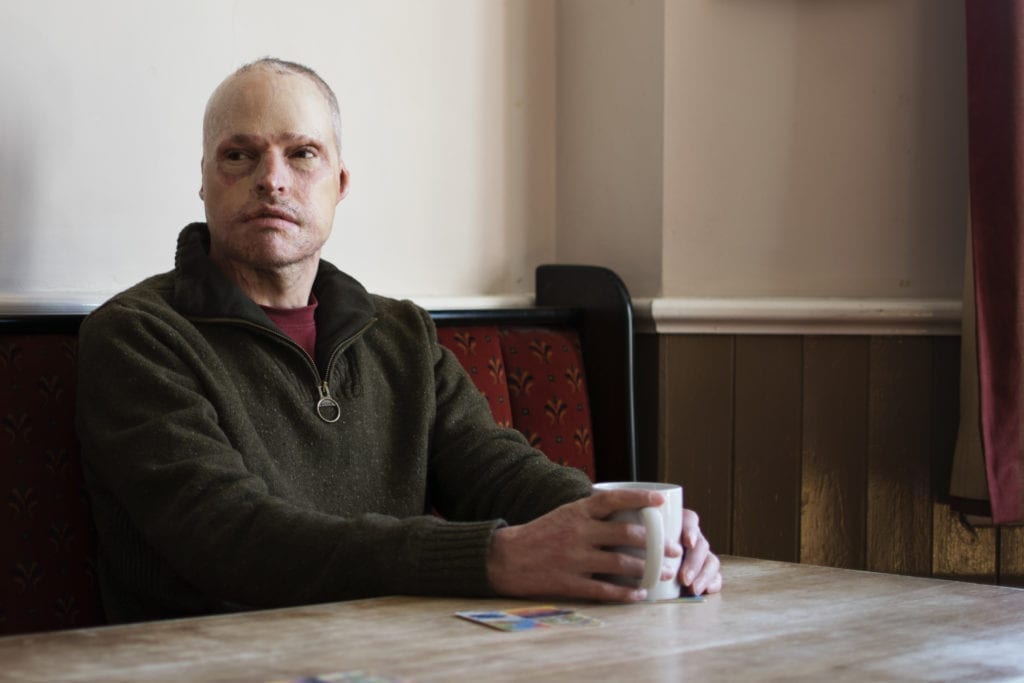
Can you describe what you’re looking for in a photograph – are there any particular aesthetic concerns, or are you purely led by your engagement with your subjects?
Engagement is most important to me above all. I find that if I engage with my subjects they are at their most comfortable and open, which gives a true reflection of the soul. Natural and spontaneous expression is critical. I don’t ever take a picture which a specific goal or agenda in mind, I feel that can only serve to limit what is possible.
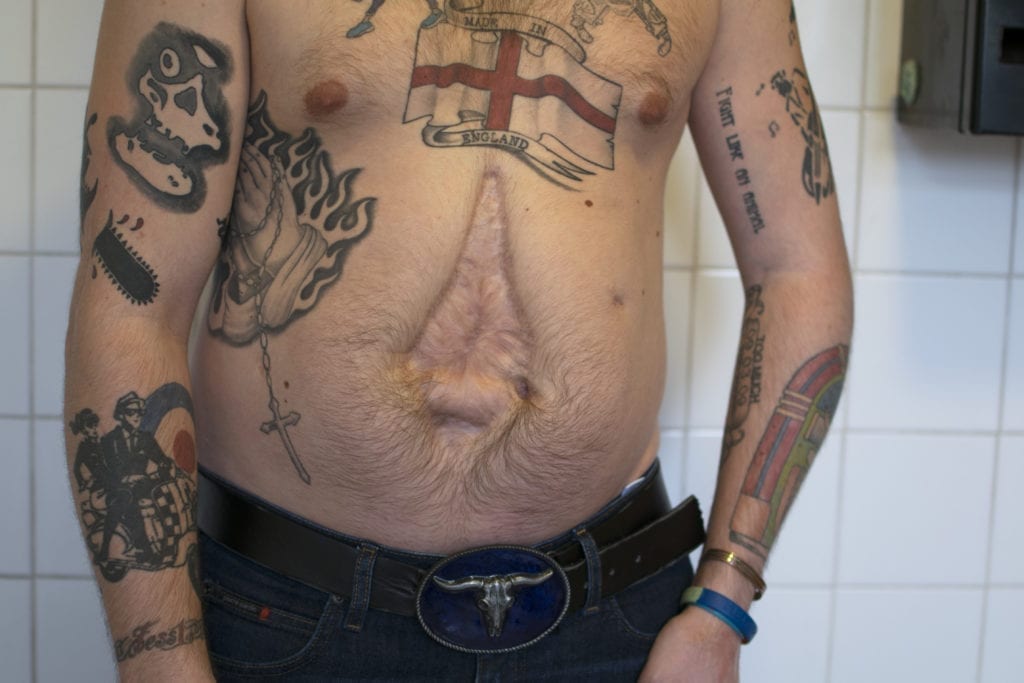
I couldn’t choose between Nan Goldin, Larry Clark or Dash Snow.
What’s the best photo you never took?
Probably when I went to a heroin addict’s room in a flat to see her and her six-month-old baby. It was a gritty and dark scene. I may not have a photo, but it’s etched in my memory forever.
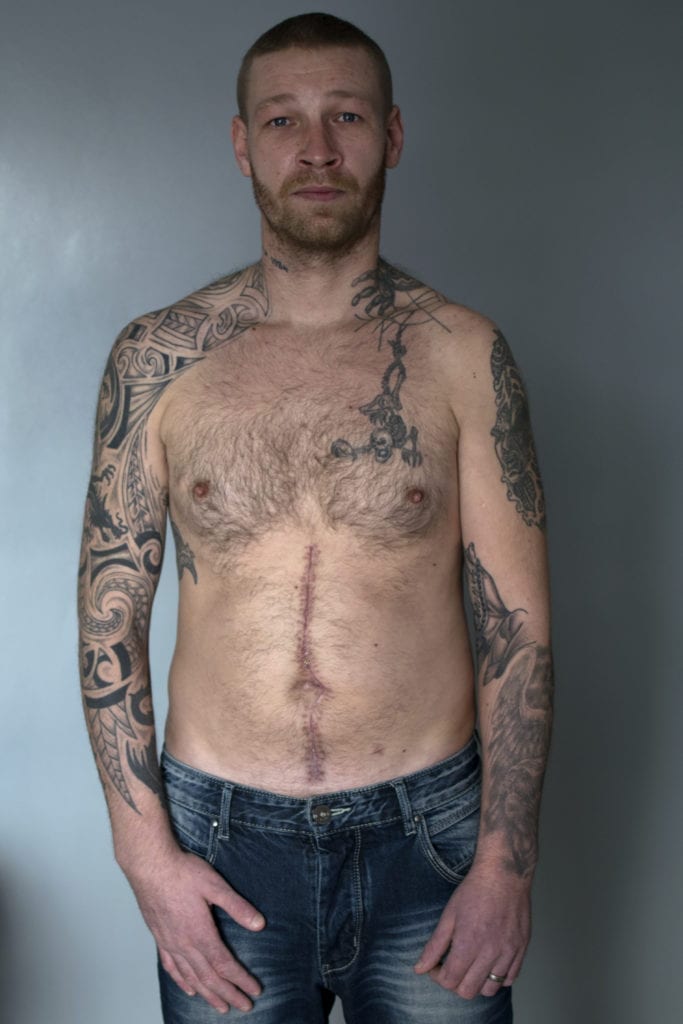
What’s your message to your younger self, in the moment they decided to be a photographer?
I’d call on Hunter S Thompson for this: “Decide how you want to live and then see what you can do to make a living within that way of life.”
See Emily’s Instagram feed here.

